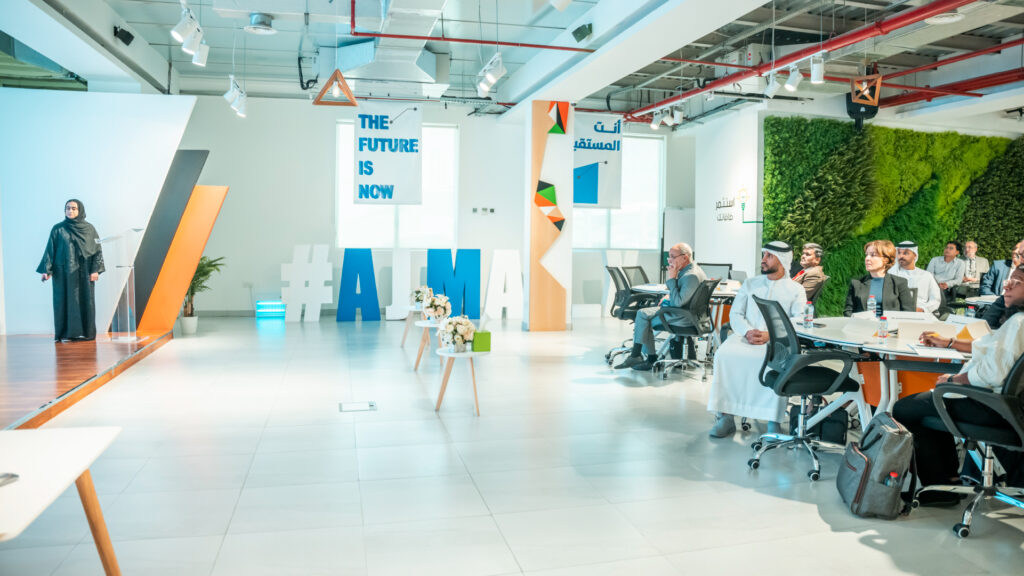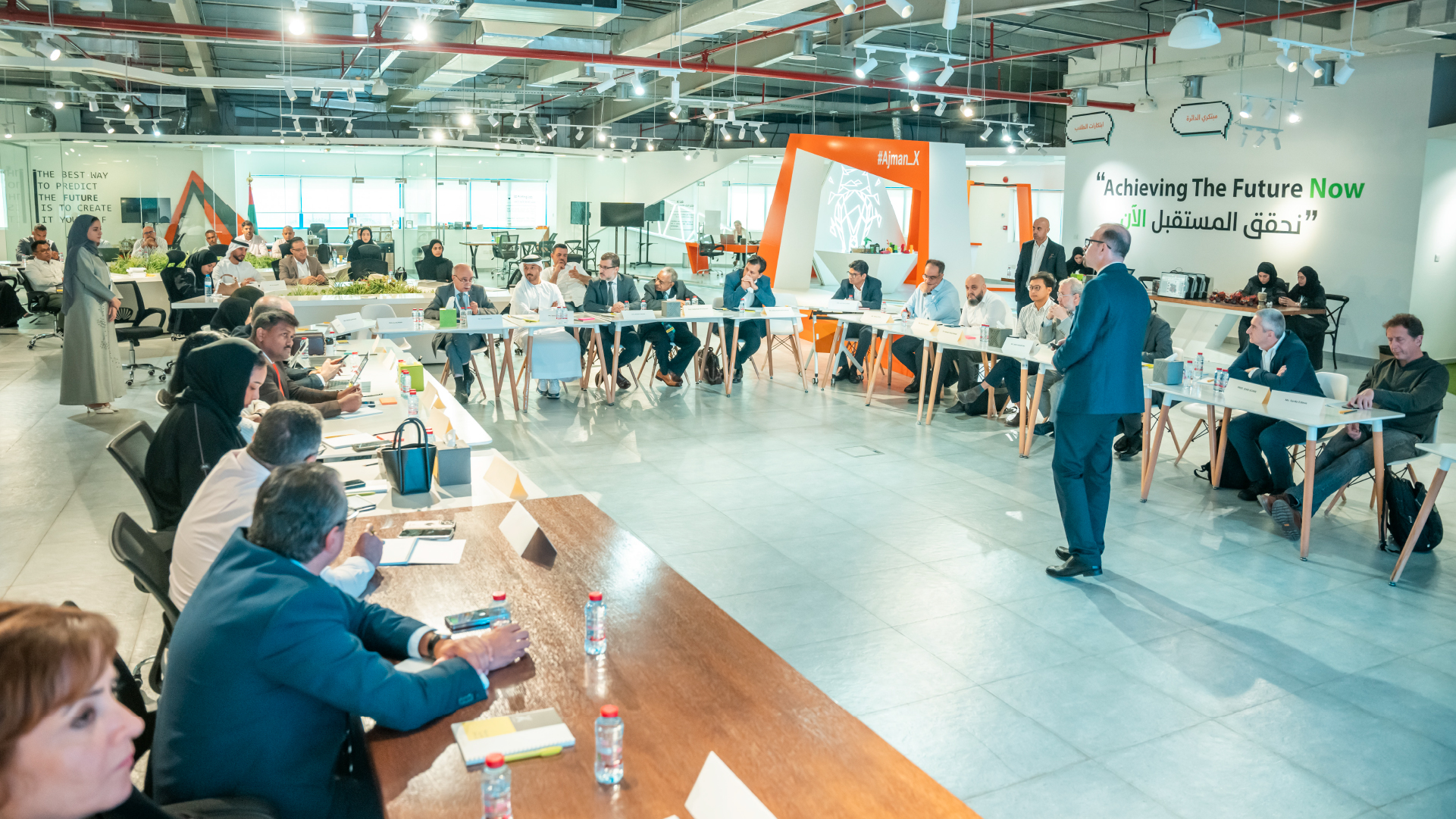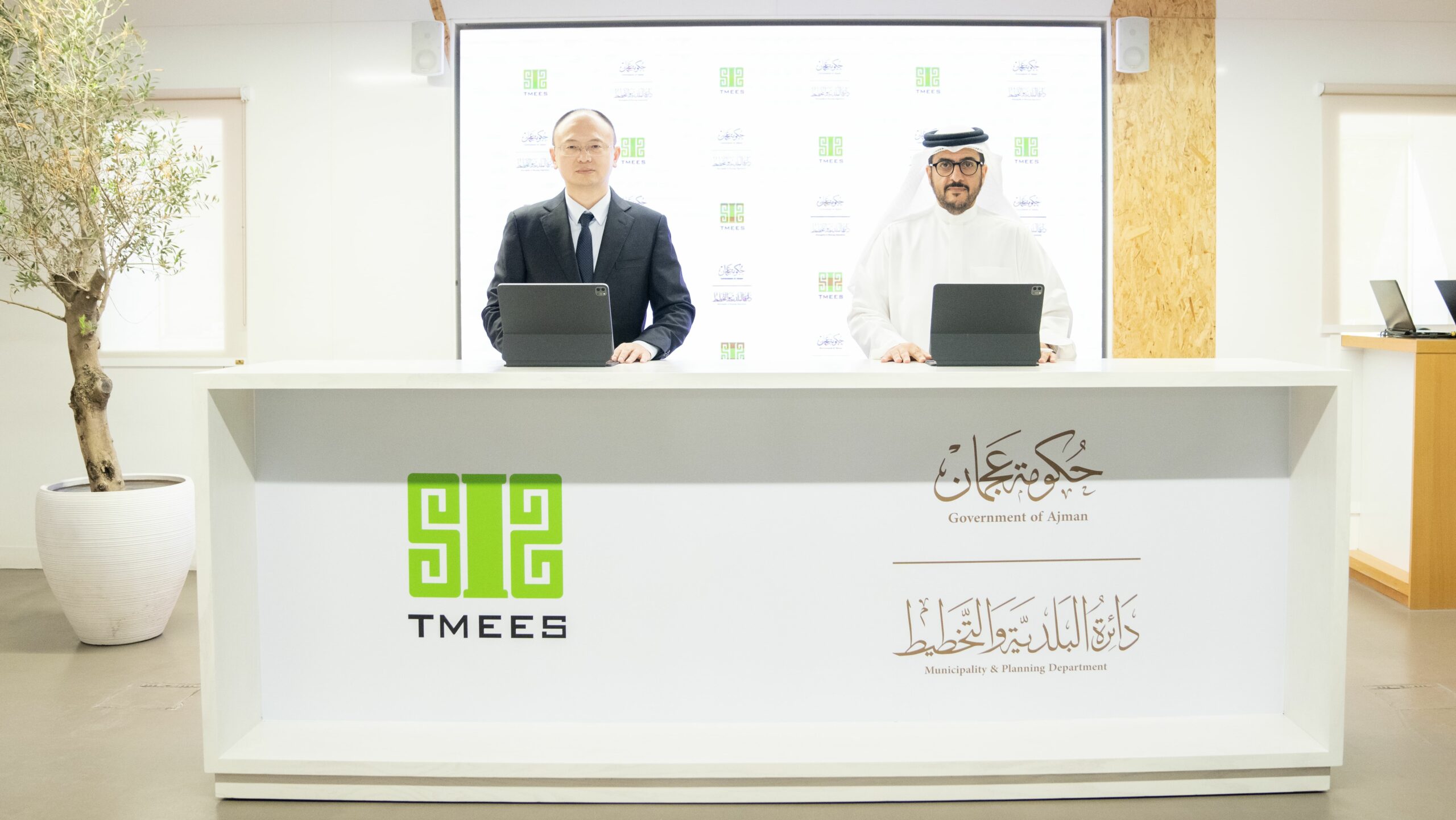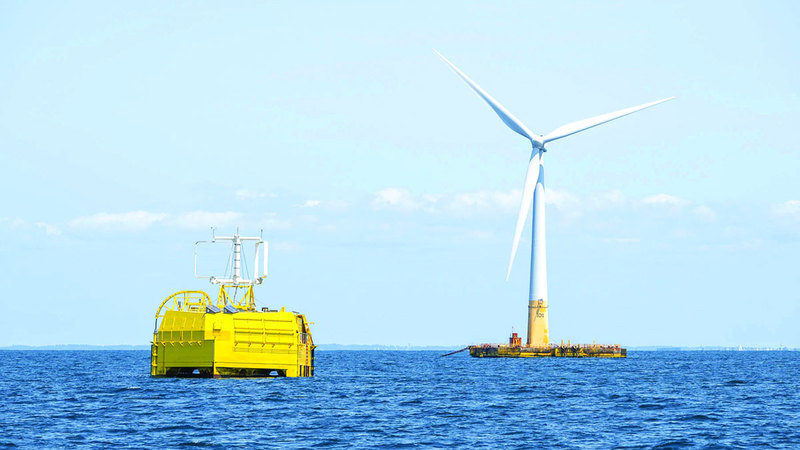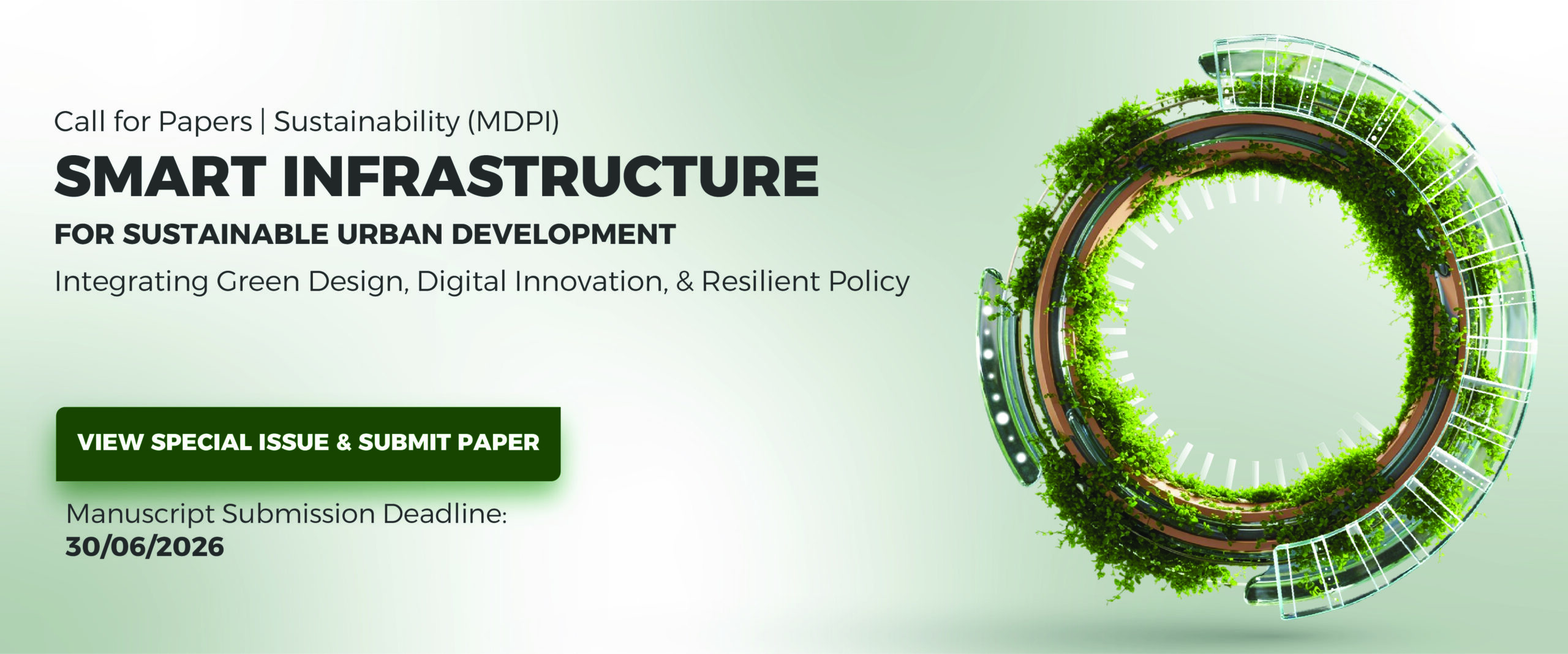Ajman Forum for Sustainable Development Concludes with Framework for Achieving Carbon Neutrality
The Ajman Forum for Sustainable Development, held under the theme “Climate Action for Carbon Neutrality,” concluded its sessions, which brought together thought leaders, decision-makers, researchers, and practitioners from various sectors. The forum aimed to strengthen collaboration, exchange expertise, and showcase innovative solutions to achieve carbon neutrality and sustainability at both local and international levels. The two-day event aligned with global initiatives and strategies, as well as the UAE’s national strategy to achieve climate neutrality by 2050.
At the conclusion of the forum, experts and specialists agreed on drafting a preliminary framework and action plan to be presented to experts and partners. This framework is expected to be the first of its kind locally in the field of carbon neutrality, aiming to enhance climate resilience and public health by reducing short-lived climate pollutants (SLCPs).
In this context, H.E. Abdulrahman Mohamed Al Nuaimi, Director General of the Department, expressed his pride in the forum’s outcomes, noting that the resulting vital recommendations will have a positive impact and support the emirate’s comprehensive efforts toward ensuring carbon neutrality.
Al Nuaimi stated that the recommendations place special emphasis on monitoring and reducing short-lived climate pollutants due to their significant impact on climate and public health. The recommendations focus on various themes, which the department will work on with its partners to implement and translate into tangible results with a positive impact on all.
Key Areas of the Recommendations:
The recommendations include improving pollutant monitoring networks to track SLCP concentrations in vital areas such as high-traffic zones, industrial, and residential areas. They also call for integrating SLCP data into urban and environmental policies through actions such as supporting cleaner transport systems, improving waste management, and promoting sustainable construction practices.
Further recommendations emphasize increasing public awareness and enhancing local participation through educational programs and efficiency initiatives. They also advocate for the use of artificial intelligence to estimate carbon stocks in trees using high-resolution remote sensing data, investing in green innovations, encouraging community engagement through awareness campaigns, and accelerating decarbonization in the industrial sector by adopting the latest carbon capture, utilization, and storage (CCUS) technologies as a strategic solution.
Experts also recommended adopting CCUS technologies in core industrial sectors, integrating climate change education into schools, universities, and programs, encouraging scientific research and innovation, and utilizing nature-based solutions as effective tools to complement technological and policy efforts. These include enhancing and restoring natural reserves and ecosystems.
The recommendations also propose establishing a center dedicated to collecting and analyzing climate data using AI and Internet of Things technologies. This center would support evidence-based environmental decision-making and align with similar applications across the UAE. Additionally, the forum stressed the importance of fostering cooperation between government entities, academic institutions, and the private sector to accelerate the transition to a smart, climate-resilient city, ensuring long-term sustainable development.

